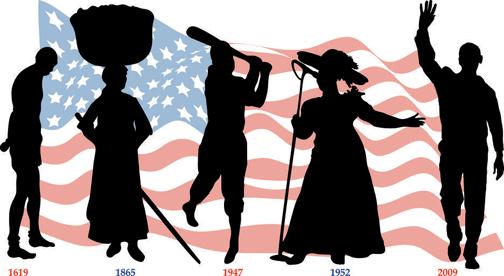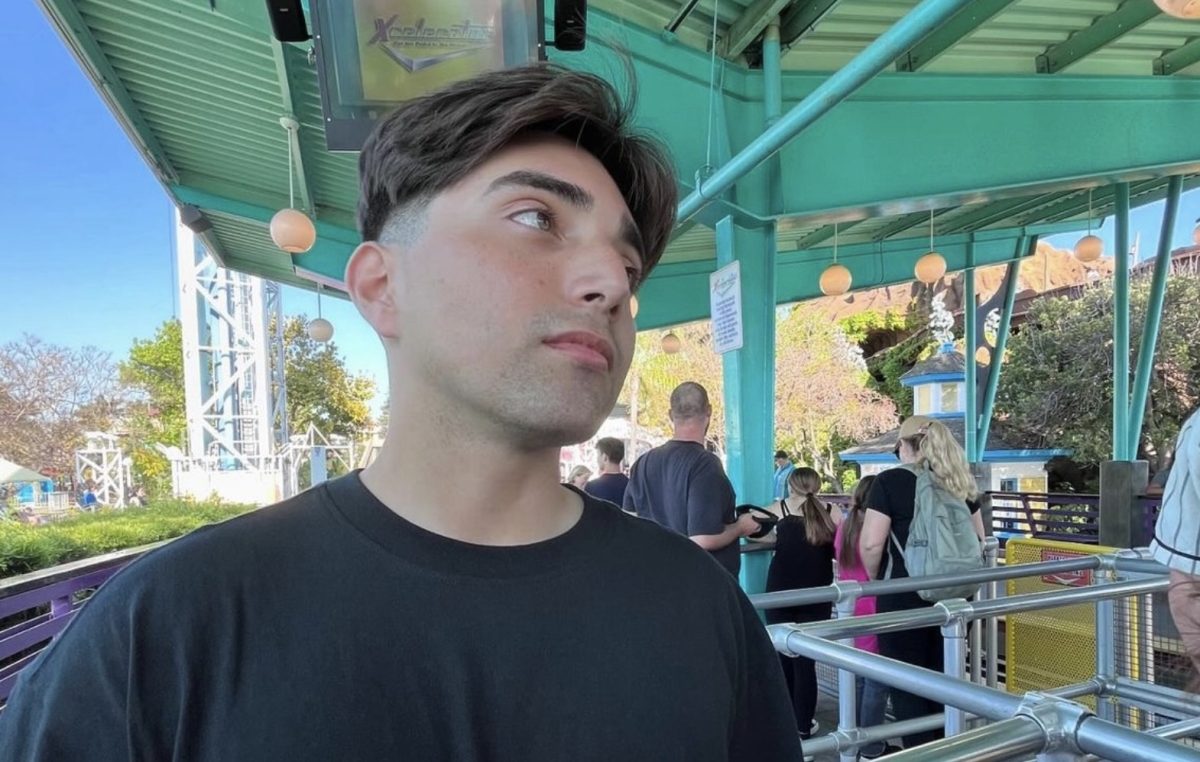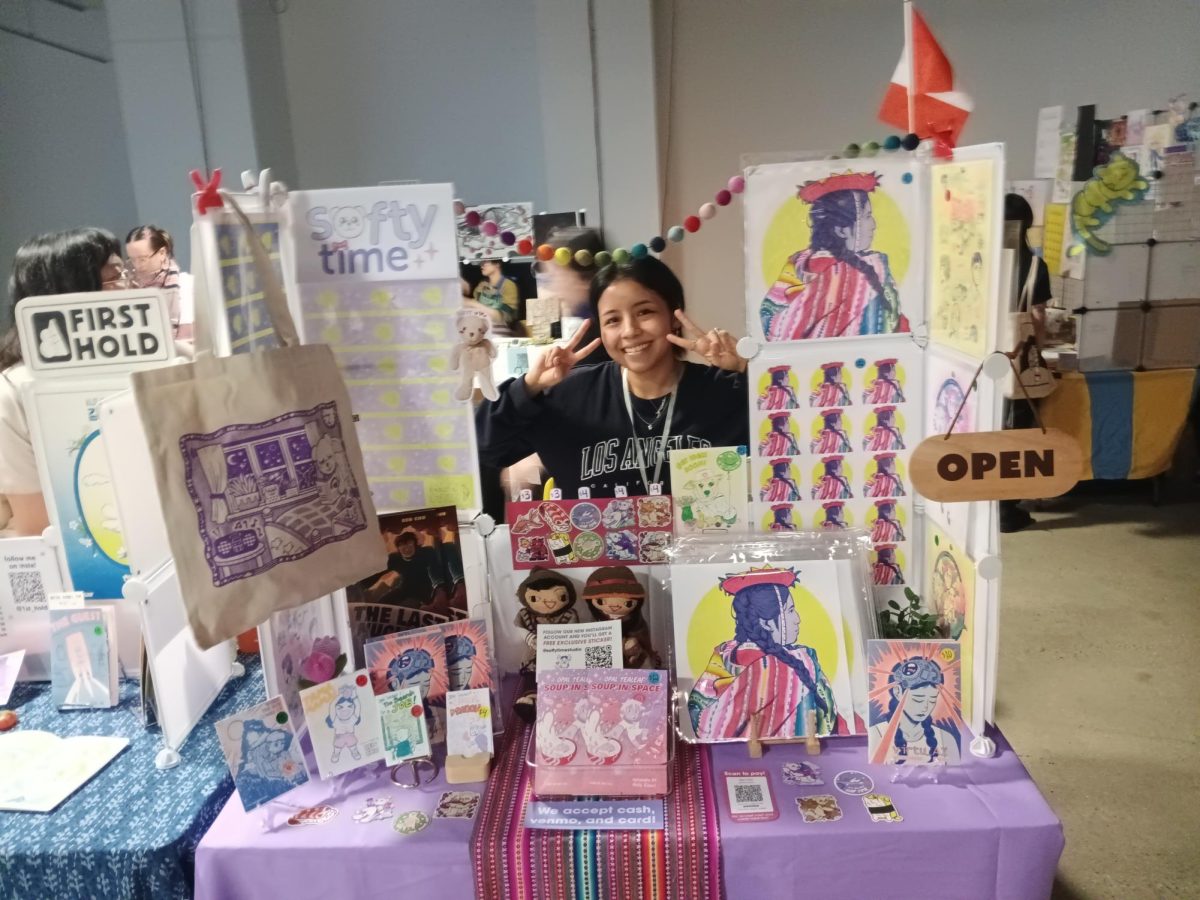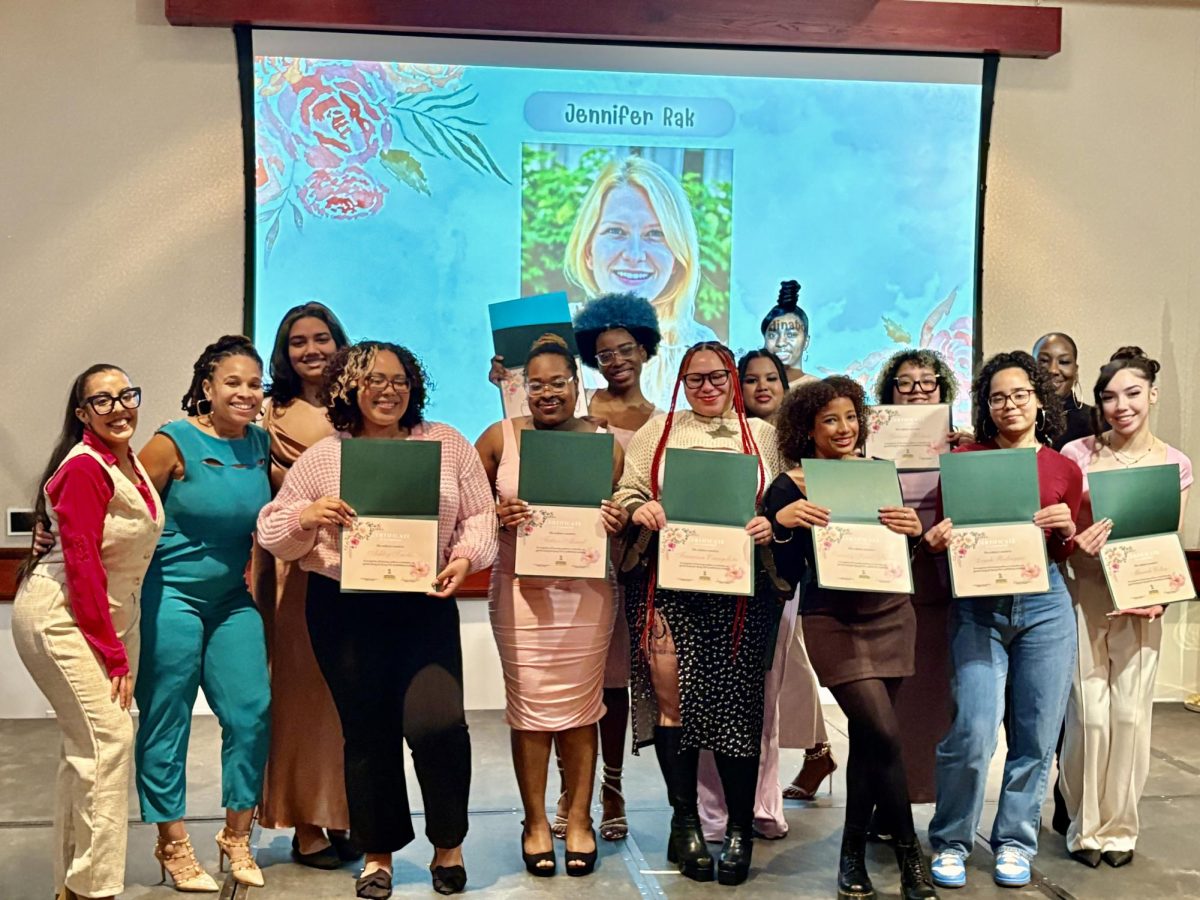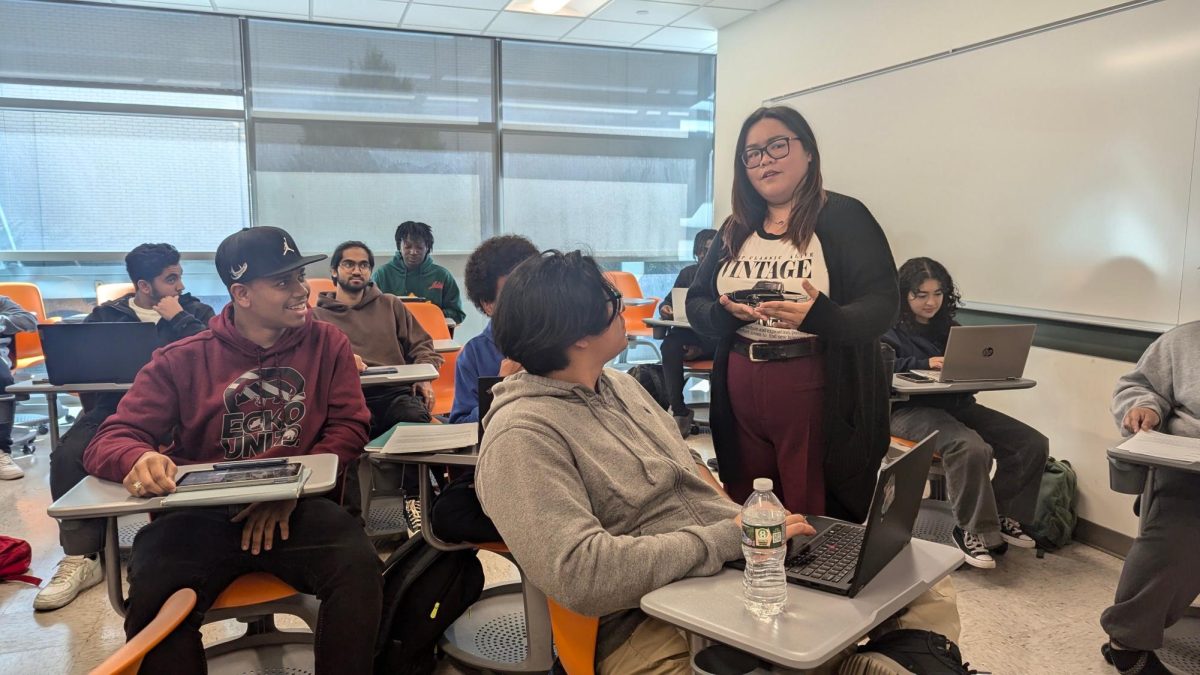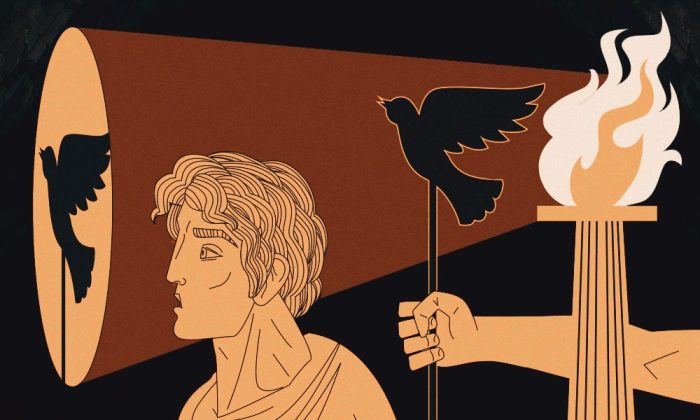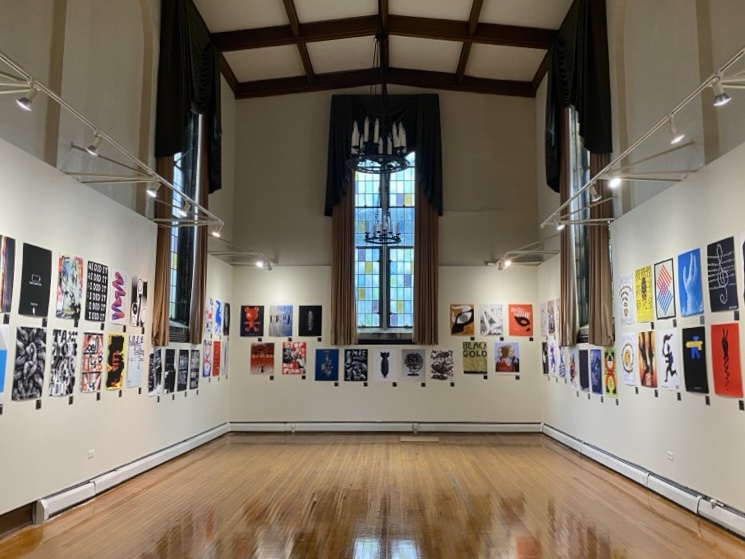Since 1976, National African American History Month honors the progression of the African American community. This time it’s not only used to remember the struggles and long— time battle for equality undertaken by African Americans, but also to celebrate their achievements and continuous growth.
Many people may not understand why it is necessary to dedicate and entire month to the celebration of African American History.
In fact, many believe that Black History month is outdated; that it has outgrown its necessity.
But has it?
Dr. Hagan Antoinette Ellis- Williams, director of the Lee Hagan Africana Studies Center located on campus, believes that Black history month is just as necessary, if not more, than it was when it was established 40 years ago.
“Black History Month is still needed because we have not reached equality. If you look at the statistics of Bachelors, Masters, and Doctorial degrees among African Americans, you will she that there are great disparities between them and whites. When it goes away that is a representation that we have made it; that we have achieved equality. We aren’t there yet.”
According to Dr. Ellis, African American youth need to understand the past and form a connection with it, in order to be positive, productive citizens in the future. It is the responsibility of the educator to “inform” and “teach” them the importance of that connection.
“You wouldn’t go into new territory without a road map. We must be implanted and rooted in the post in order to secure the future,” said Ellis.
Dr. Ellis wants the NJCU community to understand that Black History Month is not the only time of year to learn and celebrate black culture. Her department is dedicated to helping students find that connection all year round.
However, in honor of the nationally recognized month, the Lee Hagan Africana Studies Center has a series of special events planed throughout the month. These events include a screening and discussion of the movie “Guess Whose Coming to Dinner” and a performance by the Unity Ensemble, among other things.
“We must continue to fight for equality because the struggle has not ended. Regardless of if we think we are individually free, the struggle has not ended until our brothers and sisters are, too.”
To find out more information about Dr. Ellis and the Lee Hagan Africana Studies Center, visit the Congressman Frank J Guarini Library, room 225.



